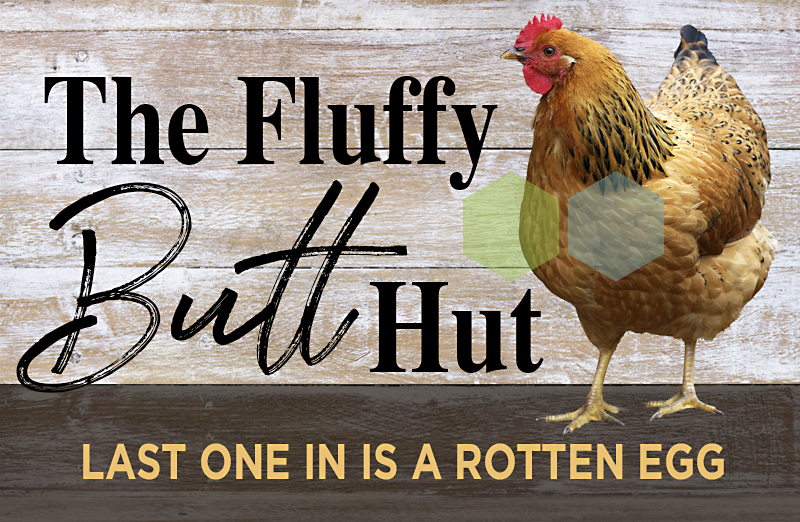“When there was no room to be had for love or money, (many chose) to sleep in the chicken house.” — Castle Rackrent (19th Century Book)
For love or money… it’s a great expression when referring to something we truly want or need but just can’t seem to negotiate or secure.
Think toilet paper during the COVID-19 lockdown.
This phrase comes to mind when considering a far more serious issue than nesting with the hens. Why is that of 23 million people in America who struggle with abuse disorders, only about 10% get treatment? Why does the price tag to recovery seem so out of reach, especially when compared to the cost of losing your health, family and career?
Is denial a convenience or a contrivance? Or is it really more about defeat? People actively using for prolonged periods certainly don’t report being happier than the rest of us. Their stories typically end in heartbreak. Some become homeless, mine for food in dumpsters behind the grocery store, lose custody of their kids, flunk out of college and steal lawnmowers from their grandmother. These are hardly tales of joy.
In fact, most people struggling with addiction say that they’re pretty miserable, depressed by their bad choices, disillusioned by the lies and tired of being a slave to their drug or behavior of choice. We talk of the mythical happy drunk people and the hysterical laughter of people riding the heroin dragon. But, sorry, dopamine rush or no, high isn’t really happy.
Maybe there are some legitimate confusing reasons for what seems like denial. Could it be that the lines between serious abuse and addiction are so blurry that treatment seems unnecessary? Look at binge drinking by college students as an example. Some hypothesize that serious continual abuse may not progress into addiction. Others believe that even addictive behaviors may subside as people age. These arguments typically focus on young adults and the reality that when they reach the magic age of 25, the brain matures in its ability to foresee and consider consequences. These perspectives may have some merit. But they overlook that the vast majority of young people who begin abusing drugs or alcohol at young ages don’t “outgrow” their addiction.
Disclosure and cost also clearly contribute to our collective refusal to get help. In a survey of individuals who contacted Maryhaven about gambling addiction but did not pursue treatment, cost and/or alerting insurance providers emerged as the chief barrier. This perception persists even as Maryhaven uses important funding from the Alcohol, Drug and Mental Health Board of Franklin County to provide services to anyone, regardless of ability to pay.
There’s no question that our society often slaps negative labels on this very human disease. We can still face consequences if we admit to a mental health or substance abuse disorder, consequences that can affect our families, our jobs, our insurability. These can be challenging. But they can be overcome—if you’re healthy.
Ask the hundreds of thousands of people who have successfully found recovery and a new life through Maryhaven. You can recover FOR love and money.
